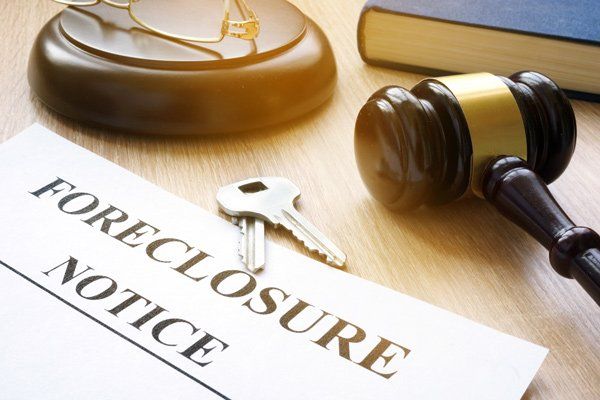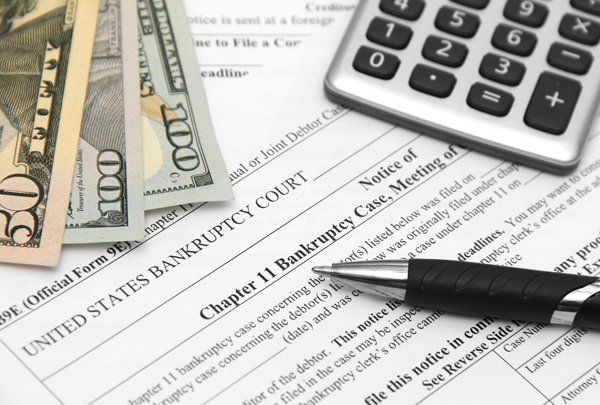Local Bankruptcy Attorney in Southern CA
When you are struggling with unmanageable debt, high interest rates, unpaid bills, unexpected expenses and creditor harassment, it can all seem overwhelming. Recovering your financial stability and quality of life is all but impossible without taking dramatic steps to change your circumstances. With the help of a bankruptcy lawyer, you could discover the options available to you, along with their ramifications regarding your personal financial objectives. The Law Offices of Priscilla C. Solario is willing to take the time to assist you in making informed decisions and will help you answer the question "is bankruptcy right for me?"
Insightful legal counsel is vital in deciding on the most appropriate resolution to your financial situation. Accurately weighing the benefits to bankruptcy and its alternatives along with their full ramifications is the only way of successfully discharging your debt or getting your finances back under control. Our firm has helped hundreds of clients with these matters and a diverse range of legal needs. They can also assist with matters involving collection defense, foreclosure defense and tax negotiation.
The firm consistently provides zealous advocacy for their clients' best interests. When you work with us you will always consult directly with an attorney, never a paralegal or secretary. Our extensive experience with bankruptcies, has allowed us to achieve an in-depth knowledge of bankruptcy law and its court proceedings. If you are considering filing for bankruptcy, consult with an attorney at the firm, who can provide sound advice, vigorous representation and great compassion and understanding of your needs.
Bankruptcy, whether a Chapter 7 or Chapter 13, can provide the opportunity you need to finally end the daily stress you have been enduring and make a fresh start with your financial situation. Your attorney can conduct a means test to determine if you qualify and could advise you on the matters of bankruptcy exemptions and filing jointly. Depending on your specific financial circumstances, it may benefit you to consider one of the many alternatives to bankruptcy.
Alternatives to Bankruptcy:
Not everyone is able to qualify for bankruptcy, and bankruptcy may not be the best options for those who do qualify. Instead, you could pursue loan modification, debt settlement, debt consolidation, a short sale, or deed in lieu in order to avoid bankruptcy while getting your finances in order. Loan modification is one of the most common options and allows you to modify the terms of your debt so that it is more suitable to your budget. Debt settlement involves negotiating with the lender in an effort to persuade them to accept a lump sum payment that is less than the amount owed in exchange for forgiving the remainder of the loan.
Chapter 7:
Chapter 7 is the preferred method of bankruptcy for the majority of individuals that decide to file. Under this chapter of the bankruptcy code, all non-exempt property belonging to the individual is liquidated, with the proceeds being distributed to the individual's creditors. In many Chapter 7 cases, the person filing has no substantial assets to lose, which makes the debt discharge occur even sooner.
Chapter 13
The Chapter 13 process involves the restructuring of debt by way of a payment plan. Rather than attempting to pay many different creditors, an individual will make one lump sum payment each month to a bankruptcy trustee, who will then disburse that payment to the individual's various creditors. Upon completion of the plan, the individual's debts will be considered satisfied, and their bankruptcy proceedings will be complete.
Chapter 7 vs. Chapter 13
Both Chapter 7 and Chapter 13 bankruptcy provide significant benefits to those struggling with debt. However, these benefits differ between the two, as each chapter is intended to serve individuals with specific financial situations. Choosing the correct chapter for you depends on your long and short-term financial goals.




